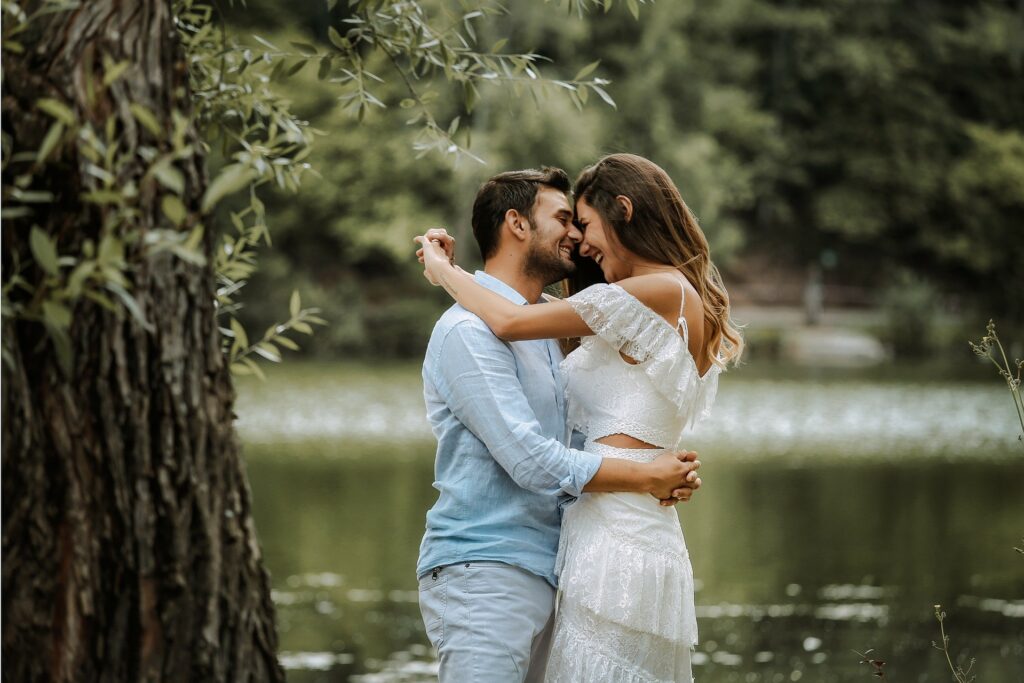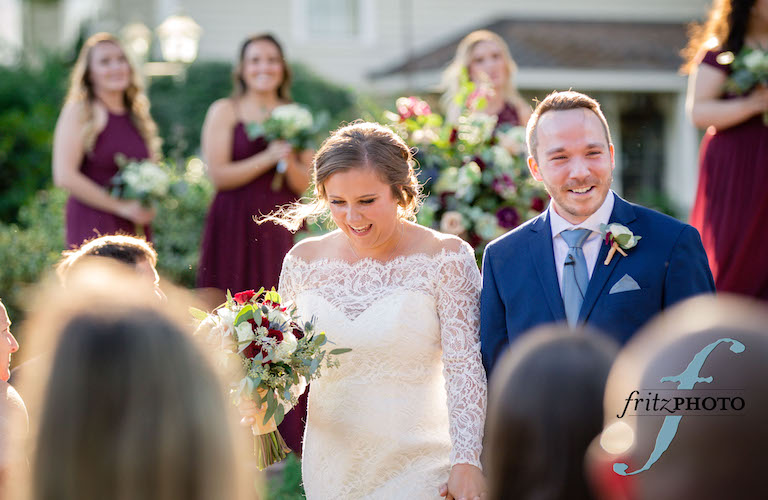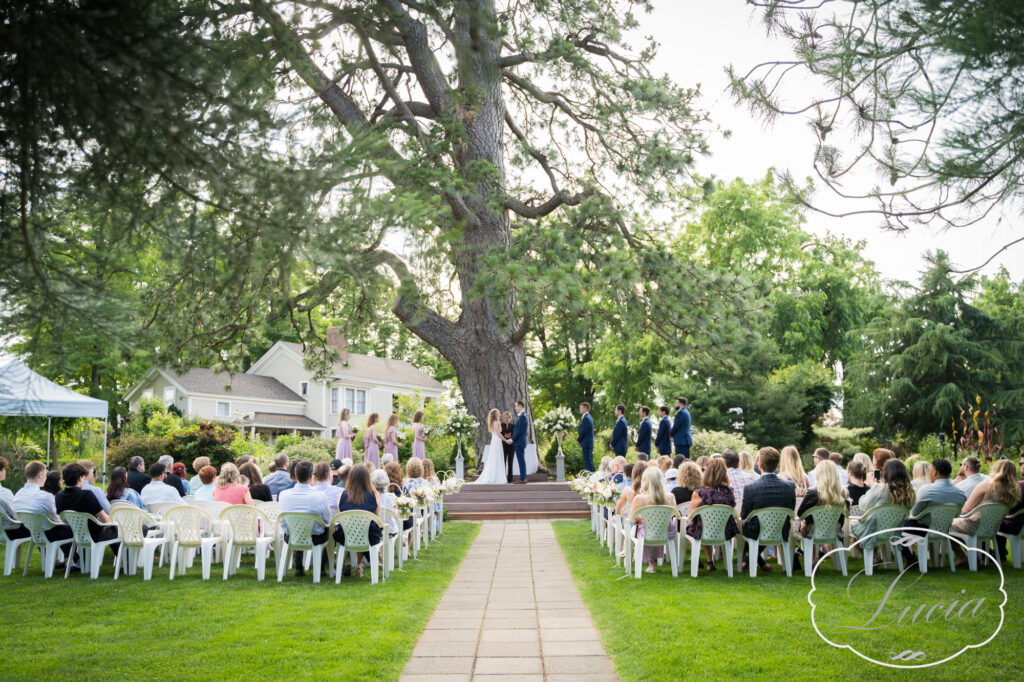Traditionally, the bride’s family paid for the majority of the expenses whilethe groom’s family paid for the before and after expenses of the rehersal dinner and the honeymoon. While some families still follow this, there are many who have innovated new ways to divide up the expenses between the families and the engaged couple. Read on to find out more!
Hey, John!
Elizabeth said, “Yes!” I am thrilled and now a bit overwhelmed. I don’t want to be assume her parents are footing the bill for everything. Who pays which expenses for our wedding? Any suggestions will help!
Thanks!
–Greg in Gresham


Hey, Greg!
That’s a great question!
At one time, there were specific rules for what the bride’s parents paid for (e.g., the engagement party, the bride’s dress and veil, the wedding planner’s fee, wedding invitations, photographer, pre-wedding parties, ceremony and reception venue rental fees,, flowers, cake, and morning after breakfast) and what the groom’s family paid for (rehersal dinner, officiant’s fee, wedding license, bride’s flowers, DJ or band, and wedding recepton alcohol).
The etiquette of who pays for what from even 50 years ago doesn’t apply today.
While it is said that it takes a village to raise a child, it may also take a village to pay for certain weddings.
There aren’t any official rules for whose side of the family pays for what.
It seems as though a waterfall of money might be needed depending on the demands of certain people.
At Ainsworth House & Gardens, a sustainable wedding venue, we have seen three ways that weddings are paid for:
- The engaged couple may pay for the entire wedding themselves. Since many couples are getting married as adults, the couple may have graduated from college and embarked on very lucrative careers which allows them to pay for the wedding themselves. This gives them maximum control over how religious the ceremony is (or not) and the content of their vows.
- The engaged couple asks their parents to contribute to the wedding expenses. A parent, grandparent, or older sibling may pay for the bride’s gown, veil, and accessories as a gift to her. It is possible that a loved one may pay for wedding venue and reception.


3. The engaged couple may ask their families to contribute a specific dollar amount which will defray the wedding expenses.
All of these contributions can add up to making a significant dent in the total costs of the wedding.
Since there are often parents, step-parents, grandparents, and step-grandparents, there may be more people who wish to contribute to pay the wedding expenses.
My suggestion is that you create a wedding budget in Excel with general estimates for
- Stationery and Invitations
- Venue
- Catering
- Photography/Videography
- Wedding Clothing
- Flowers
- Music and/or Entertainment
- Cake.
(See my post on how to create a wedding budget.)
Sit down with your parents, step-parents, grandparents, older siblings, and anyone to get their input on your budget. Ascertain who might be willing to either contribute a set amount of money OR pay for an item or two in your budget.
You might discuss the guest list and the venue at the same time—which often opens the door to discussing who pays for what–sespecially if someone digs in their heels and INSISTS that Aunt Edna for Enola be invited.

Let me know if you have more questions.
Your friend in the wedding business,
John Shyne
Image courtesy of Ainsworth House and Gardens as well as Pixabay.com.
© 2023. Come Rain or Shyne, LLC. All rights reserved.






